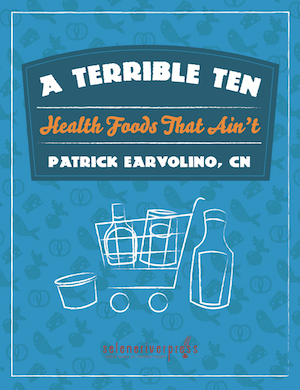Contents in this issue: “The Constipation Syndrome,” “Calcium,” “Influence of Vitamin E on Glucose Metabolism,” “Money Supposedly Collected for Research?” The following is a transcription of the June 1965 issue […]
Contents in this issue: “Some Facts About Food Fats and Oils,” “More on Linoleic Acid as Obtained from Flaxseed Oil.” The following is a transcription of the April 1965 issue […]
The following is a transcription of the May 1957 issue of Dr. Royal Lee’s Applied Trophology newsletter, originally published by Standard Process Laboratories. Also in this issue: Tip of the Month (Menopausal […]
The following is a transcription of the September 1957 issue of Dr. Royal Lee’s Applied Trophology newsletter, originally published by Standard Process Laboratories. Also in this issue: Tip of the […]
The following is a transcription of the June 1957 issue of Dr. Royal Lee’s Applied Trophology newsletter, originally published by Standard Process Laboratories. Also in this issue: Isotonic and Hypertonic Laxatives Tip […]
By Dr. Royal Lee
By Professor Akiro Sato
By Dr. Ralph Bircher

